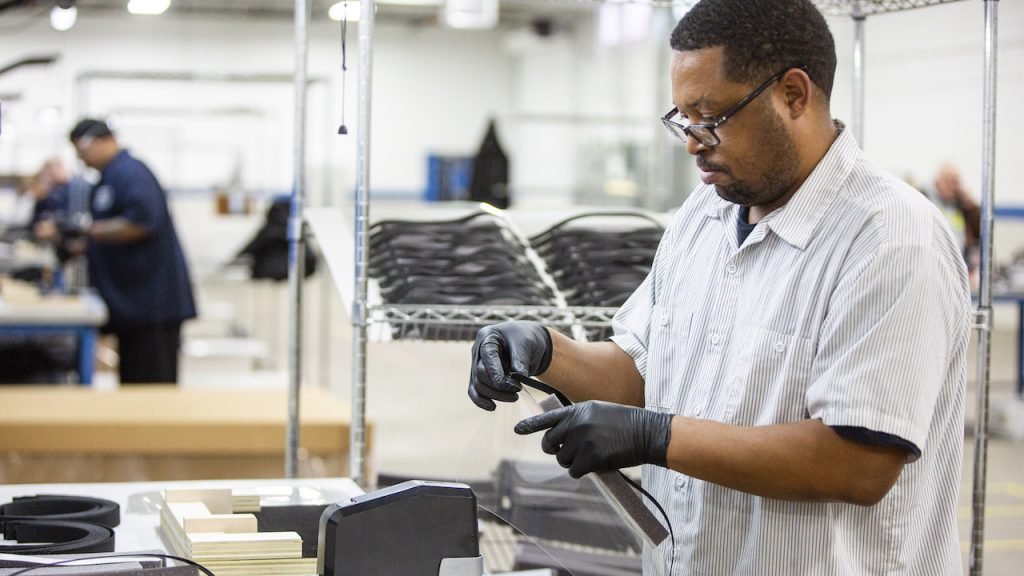Automakers Answer Nationwide Call For More Ventilators
The impact of COVID-19 has shuttered auto plants, docked sales and spurred layoffs.

The COVID-19 pandemic has wreaked havoc on nearly every aspect of daily life and every industry.
“When you’re talking about [needing] hundreds of thousands of ventilators, that’s how serious this crisis is.” – Paul Eisenstein, The Detroit Bureau
Automakers are no exception, with plants closing and markets in turmoil the “Big Three” are in a precarious position. Now companies like Ford Motor Co. and General Motors are solidifying plans to manufacture medical supplies for an overwhelmed health care system.
Listen: How the Auto Industry Is Adapting to Take On COVID-19
Trusted, accurate, up-to-date
WDET is here to keep you informed on essential information, news and resources related to COVID-19.
This is a stressful, insecure time for many. So it’s more important than ever for you, our listeners and readers, who are able to donate to keep supporting WDET’s mission. Please make a gift today.
Guest
Paul Eisenstein, publisher of The Detroit Bureau, says automakers like Ford and General Motors have started the process of sourcing components to make ventilators, respirators, face shields and masks.
“The U.S will see a 25 percent decrease in car sales this year.” – Paul Eisenstein, The Detroit Bureau
Eisenstein says Ford will use its advanced manufacturing center while GM may utilize its Kokomo plant in Indiana for the project. Eisenstein says the sheer number of respirators needed to support hospitals speaks to the severity of the health crisis.

“When you’re talking about [needing] hundreds of thousands of ventilators, that’s how serious this crisis is,” says Eisenstein. “Stay home.”
The economic impacts of a near complete industry shutdown will be astronomical.
“The U.S will see a 25 percent decrease in car sales this year,” says Eisenstein. He adds that if this pandemic lasts into August that number would be optimistic.
Eisenstein says he was disappointed to see Fiat Chrysler fire its contract workers, leaving a large number of people without pay. Aside from this, Eisenstein says the industry is handling the crisis well. “I am really impressed with what I’m seeing overall.”
